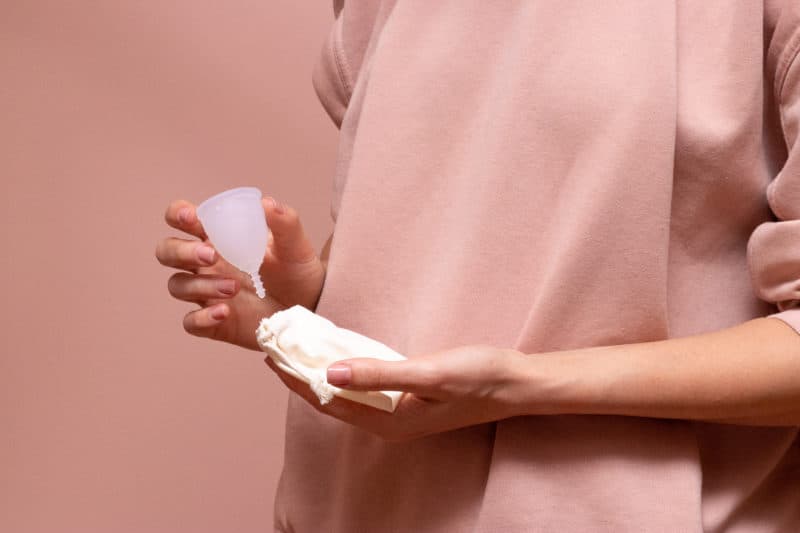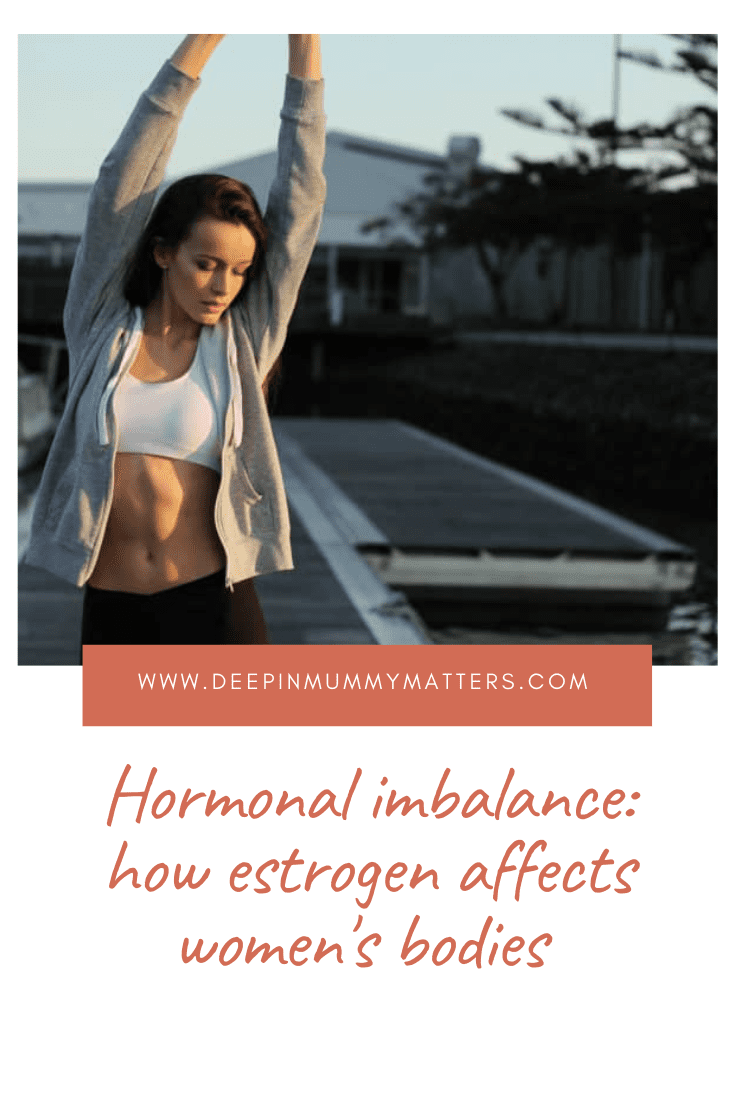Estrogen is a hormone that helps develop and maintain the reproductive system in women and female characteristics. There are three types of estrogen—estrone, estradiol and estriol—and they all have a different role in a female body. Undoubtedly important, here’s precisely how estrogen affects women’s bodies and why it is crucial for healthy body functions:
Healthy body development

One of the main things responsible for developing the reproductive system in women is estrogen. This active hormone affects the anatomy of the vagina and uterus and controls the growth of pubic hair, armpit hair, development of breasts, etc. Most female characteristics strongly rely on healthy estrogen levels.
Regular menstrual cycle

Estrogen and its types play an important role in menstrual cycle regulation. Indeed, menstruation is never fun, but it’s a vital sign that a woman is healthy and can conceive a healthy child. Estrogen causes the lining of your uterus to thicken in preparation for the pregnancy. If there’s no pregnancy, estrogen allows the uterus lining to shed and come out in the form of menstruation.
Smooth menopause

Estrogen production is not the same from childhood to old age—it changes as the body goes through different phases. For instance, in puberty, women produce a lot of estrogens, and these levels remain high all through the fertile years. In pre-menopause and menopause, these levels will start to drop, causing the symptoms of menopause. In most cases, menopause symptoms include hot flashes, vaginal dryness, chills, difficulty sleeping and hyperhidrosis. Many women who are struggling with estrogen imbalance might choose to take supplements. It’s possible to get an over-the-counter estrogen supplement in Australia and restore the balance of estrogen in the body. These supplements are beneficial throughout life and for everyone with estrogen imbalance.
Healthy and strong bones

Estrogen is also responsible for the development of bones. With age, estrogen keeps the bones strong and protects them from deterioration. In menopause, however, estrogen production decreases, and so does the bone mass. This means that a person might be at risk of osteoporosis which causes easy bone fractures and reduces the quality of life.
Healthy heart

Some women go on hormone therapy after entering menopause, mainly to protect their cardiovascular health—that’s how strong the effect of estrogen is on heart health. Estrogen keeps the blood vessels flexible and healthy, monitors cholesterol levels, and reduces the occurrence of inflammations, which are one of the biggest threats to heart health. But in menopause, your estrogen levels drop, leaving your heart vulnerable and at risk of heart disease.
Mood

Since estrogen helps the production of serotonin—the happy hormone, it also strongly influences the brain and mood. This is the main reason why many women develop depression after their estrogen levels drop (mostly in menopause and after giving birth).
What affects estrogen levels?

Estrogen levels can depend on many things in the human body, but they mainly rely on puberty, menopause or pregnancy. In pregnancy, during the postpartum period and breastfeeding, estrogen levels vary greatly. Old age also affects estrogen levels, especially if followed by certain medications such as ampicillin, tetracyclines and antipsychotic medication phenothiazines. In many cases, excess body weight, anorexia or extreme dieting can cause estrogen misbalance, but so can strenuous exercise and training. In many bodybuilders that take steroids and estrogen-containing drugs, estrogen can get off-balance.
Some syndromes and diseases can also affect estrogen levels like Turner’s syndrome, diabetes, primary ovarian insufficiency, polycystic ovary syndrome (PCOS), an underactive pituitary gland, ovary or adrenaline gland tumours, as well as high blood pressure.
Estrogen imbalance issues

It’s essential to maintain healthy and normal estrogen levels. Otherwise, a person can suffer from irregular or no menstruation, abnormal flow, and severe menstrual pain or premenstrual symptoms. Estrogen imbalance can also cause breast and uterus lumps (mostly noncancerous). Weight gain around the hips, thighs and waist is also a sign of estrogen imbalance. Estrogen also affects your sex drive, so issues with hormone levels might result in low libido, vaginal dryness and vaginal atrophy. Other issues connected to estrogen imbalance are mood swings, fatigue, depression, anxiety, sleep problems and dry skin. Many of these issues are common during menopause.
Regular checkups and consultation with your doctor if you notice any issues can significantly help you maintain healthy estrogen levels and ensure you’re comfortable throughout your life.


